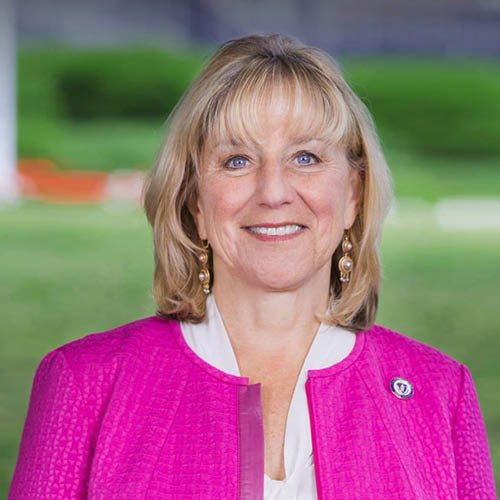Spilka makes case for substance over process

Bruce Mohl | Commonwealth Magazine | June 29, 2020
IN A WIDE-RANGING INTERVIEW on the CommonWealth Codcast, Senate President Karen Spilka kept returning to the theme of substance over process when it comes to legislation dealing with the state’s many pressing needs.
She applauded the House, Senate, and governor’s office for working collaboratively on a budget for the coming fiscal year rather than following the traditional path of each branch of government doing their own spending plan.
“Unprecedented times require unprecedented solutions,” she said. “We need to work together for the people of Massachusetts.”
She also used the same substance over process argument in talking about a feud between the House and Senate chairs of the Legislature’s Joint Committee on Health Care Financing that harkens back to a fairly bitter dispute between the two branches in 2015. The House chair of the committee is insisting all health care legislation should go through the panel, while the Senate chair, frustrated with the slow pace of law-making, is pulling bills filed by senators out of the committee and steering them to the Senate for action.
“Legislating is sausage making,” Spilka said. “We did change the rules, we believe, during that time period (2015-2016) so House bills would go to the House and Senate bills would go to the Senate. That way if the House wants to do their bill they’re welcome to it. And we believe if the Senate wants to do our bills we should have that same opportunity.”
The House approach is the more traditional one, but it gives the House greater leverage because its members tend to dominate joint committees. Spilka seems fine with trying something different.
“My feeling is we shouldn’t be focused so much on process,” she said. “We should be focused on substance, getting the work done for the people of Massachusetts. That is what’s so important. Getting good policy done, getting bills through.”
She noted a number of bills the Senate has passed – a “revolutionary” prescription drug bill, a mental health bill, and a telehealth bill, as well as climate change legislation – all have not passed the House yet.
She says the Senate will pass an $18 billion transportation bond bill by the end of July but offered no assurances on whether the Senate will act on a transportation revenue package passed pre-COVID by the House. “We shouldn’t be taking votes just because another branch has taken a vote. We need to look at all the facts and circumstances before us,” she said. “It’s more than an easy yes or no answer. But no decision has been made yet.”
One transportation issue she is solidly behind is toll equity. Commuters from west of Boston pay tolls to come in on the Massachusetts Turnpike and those from the north pay tolls to come in via the Tobin Bridge, but other communities don’t pay tolls. “If tolls are such a good way to pay for roads and bridges,” she said, “then it should be fairly and equitably done across the state.”
She is very worried about reconstruction of the I-90 Allston interchange, which could disrupt commutes for her constituents from Ashland and Framingham coming in to Boston for 6 to 10 years. She said she won’t allow higher Turnpike tolls to pay for the $1 billion project and she indicated she is leaning toward the status quo design for reconstruction of an elevated section of the Turnpike on a narrow strip of land between Boston University and the Charles River.
Spilka said Transportation Secretary Stephanie Pollack briefed her last Monday on the three options for repairing that section of the Pike before unveiling them at a joint meeting of the MassDOT and MBTA boards. One option would essentially rebuild all the transportation elements in place, while the other two would either put the Turnpike at ground level and elevate Soldiers Field Road or put all the transportation elements at ground level. The latter two approaches require a temporary or permanent incursion into the Charles River, mostly for new parkland and bike and pedestrian paths.
Spilka said she was concerned about any environmental impact on the Charles River and sees advantages to the status quo approach. “As a non-engineer, somebody who doesn’t look at it that way, the thought of switching, putting the Pike where Storrow is and Storrow Drive where the Pike is doesn’t make sense to me if you have the major roads there already and they’re going to be basically going in the same direction anyway,” she said.
Spilka, who is an attorney, didn’t want to weigh in on the debate about whether the governor is on solid legal ground in relying on the 1950 Civil Defense Act for the legal authority to issue all of his COVID-19 emergency orders.
“Again, that is focusing on process. Right now the governor, the speaker, and the Senate president, we talk, usually twice a week, we have meetings,” she said. “We are working well together, and it shows,” she said, pointing to COVID-19 numbers that are dropping, at least for now.
“Isn’t that what really counts and matters?” she asked.
